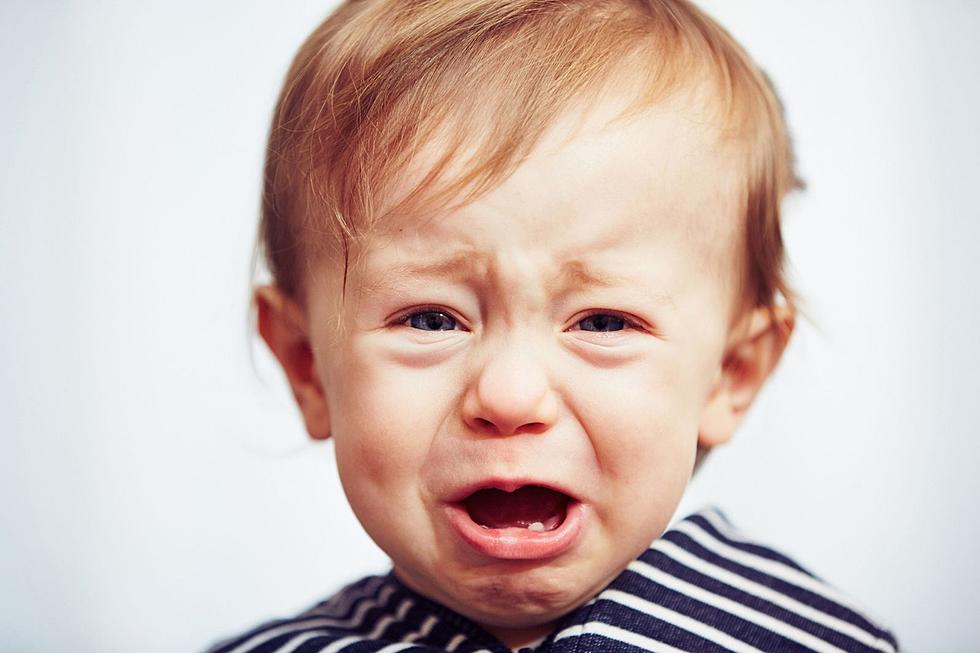
The SouthCoast Sees Increased Rates of RSV in Children This Summer
A young family member was coughing a lot and experienced difficulty breathing about a month ago. It was a very scary time for our family as this sweet little boy isn’t even three years old yet and we were concerned that he could have contracted COVID-19. After taking a test, we were relieved to see that he did not have the coronavirus. Instead, he was diagnosed with the Respiratory syncytial virus, commonly known as RSV. This was still concerning and I admittedly did not know much about it at all. I reached out to Southcoast Health to learn more about the virus and inform others within our community.
Dr. Tina Charest is a Family Medicine Provider with Southcoast Health. She kindly answered all of my questions.
What is RSV?
RSV, also known as respiratory syncytial virus, is a virus that is a common cause of lower respiratory tract infections. Almost all children are infected with RSV by the time they are two years old and children can be reinfected multiple times.

What are the symptoms?
Common symptoms include fever as well as lower respiratory tract symptoms such as coughing, wheezing, and increased difficulty breathing. These lower respiratory tract symptoms will sometimes be preceded by upper respiratory tract symptoms like runny nose and sinus congestion. Babies will often be irritable and eat/drink less than normal. Young babies, especially those who were born prematurely, will rarely develop an issue known as apnea where they briefly stop breathing.
How long do symptoms last?
Symptoms can last for over a week with the typical resolution of a cough taking eight to 15 days in an otherwise healthy child. Obviously, this could be longer for children who are at higher risk and more severely ill.
Are there treatments or home remedies to help?
Always be sure to call your family doctor or pediatrician if you have concerns about your child's health. Many cases of RSV can be managed without medications but your doctor should assess your child. Gentle home nasal suctioning can be helpful in young infants as can a cool-mist humidifier. Cough medicines and decongestants should not be used in young children; they are actually quite dangerous. Babies and children should be well hydrated with parents paying vigilant attention to the number of wet diapers being made or the amount of urine being made in a child who is toilet trained.
Who is at risk?
The risk for serious infections and hospitalization from RSV is highest in children under six months as well as premature infants under one year old. Risks are also higher in children with underlying health problems such as asthma and other chronic lung diseases, congenital heart disease, and immunodeficiency syndromes. Adults who do not have properly functioning immune systems are also at higher risk.
Is there an RSV "season," similar to cold and flu?
Typically, RSV season tends to be around the same time as flu season. We usually see rates increase around October or November with a peak around January. However, 2021 has been unlike any other year in this respect. This year we are seeing extraordinarily high rates of RSV this summer. Other parts of the country are seeing levels that are consistent with the numbers we usually see in the winter.
How can we prevent RSV?
Babies and young children should be kept away from anyone exhibiting cold or flu-like symptoms. In addition, wearing masks can be very helpful in preventing the spread and is recommended for adults and children over the age of two. Good hand hygiene is also important.
How common is RSV on the SouthCoast, especially among children?
Almost all children will be infected by RSV by the age of two. While we usually do not see much RSV in the summertime, we are currently seeing unprecedented numbers of summer RSV here and in the rest of the country.
What should be done when a child presents symptoms of the virus?
If your child develops a fever or a cough at this time, it is very important to be in touch with your child's physician. We are seeing more RSV this summer than ever and we are also seeing very high rates of COVID in young children as well. Your doctor will want to assess your child and test/treat accordingly.
Teacher of the Month Winners from 2020-2021 Academic Year
More From WFHN-FM/FUN 107









